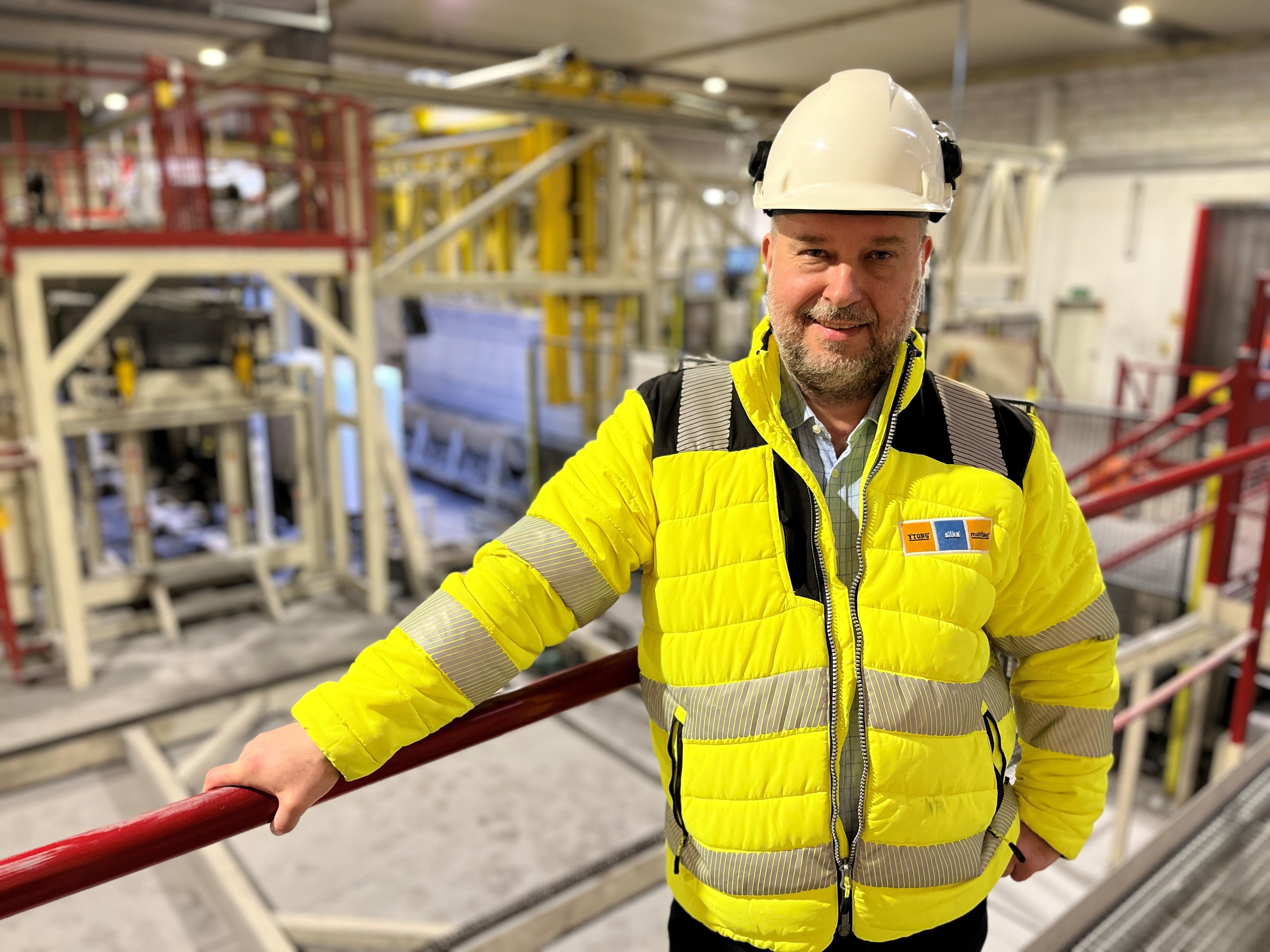Marcin, what does it take to become a Lean Manager?
Lean manufacturing means making value chains and processes in factories more effective – in small steps, but continuously and above all together with the people who work there. Specifically, we’re working on safety culture: We’re using a variety of methods, including change management, to establish different habits and make the execution of work in the plants safer, step by step.
I think you need a certain amount of life experience to do this job, because you must deal with a lot of different personalities - you have to be able to manage that. And you have to be motivated to change things and be patient. I don't do my job alone, of course, but with tremendous support from many sides. It's a team effort.
At the end of the day, you need to know the variety of lean tools and be able to use them confidently. But for the scale we have in Poland, manufacturing experience is essential, as well as the willingness to travel.
What motivates you to come to work every day?
For one thing, I'm just a people person; I like working with people. From my point of view, this is necessary to be successful in myjob: I travel thousands of kilometers across Poland every month and have 150 to 200 conversations with employees in our plants.On the other hand, I like to be practical. My partner always laughs at me and says that if I haven't seen it, it doesn't exist for me - and she's partly right. That's why I like working in manufacturing: where I can see what's going on. I work with people and machines, not computers and software.
You've had various jobs over the years, been self-employed in between, and lived in different places in Germany. Are you the kind of person who often needs a change?
I was that kind of person in my twenties: I enjoyed everything and wanted to know everything. Since my late forties, the world has changed. I've met great people, fantastic companies, given a lot, made people think. I also learned a lot from these experiences. Today, I feel grateful for the opportunities they have provided me, because I was able to learn something new everywhere I went. I think you mature, and the older you get, the calmer you become.
What did you learn at Xella?
At Xella Polska I learned to deal with an incredible amount of complexity. Normally, as a lean manager, you are responsible for one factory. I’m responsible for nine plants, and I get to help design their processes. It has always been my life's dream to change as much as possible in a large organization with a lot of people. Being able to live it out here gives me a sense of humility and positive modesty - Xella has also taught me that.
What tells you to know that you are in the right place now? Despite the new gurus on the market who tell us that we can be anything we want, my life experience tells me that I can't be that, and I don't have talent for everything. I just like people, I enjoy working with them. I know that my training courses are well received in terms of content and interpersonal skills. I know that others enjoy working with me. If I didn't like my job, I wouldn't do it. And I love my work. If you want to be happy, do what you love. It's nothing new, my great-grandparents told me that.
In your spare time, you volunteer at a kitchen for the homeless and at the Museum of the History of Polish Jews. How did that come about?
At the museum I prepare various exhibitions and actions, for example once a year there is a commemoration of the uprising of the Jews in the Warsaw Ghetto. I am one of several thousand volunteers who distribute yellow daffodils on the streets of Poland in memory of those who were murdered*. In my opinion, the events of that time should not paralyze us or make us think that man is bad. But I think certain things should be remembered in a constructive way. Nothing that comes our way just falls from the sky. We have influence on our environment, and we can do good things to make good things happen. I believe in that.
My involvement with the homeless comes from the fact that a friend of mine slipped into homelessness - despite a good education and position, after the illness and death of his spouse, he seemed to fall through all the social nets and ended up on the streets. It was upsetting. It reminded me that we are all fragile – so I want to do at least a small part to help.
* This commemoration was started by Marek Edelman, the last leader of the Jewish Fighting Organization in World War II. After the war, every year on April 19, the anniversary of the beginning of the Uprising, he placed yellow flowers, mostly daffodils, at the Monument to the Warsaw Ghetto Heroes in the Muranów district. Over the years, more and more people followed his example. Thus, the yellow daffodil became a symbol of respect for the Uprising and the insurgents, as well as a reminder of history and common identity - regardless of world views and political opinions.
